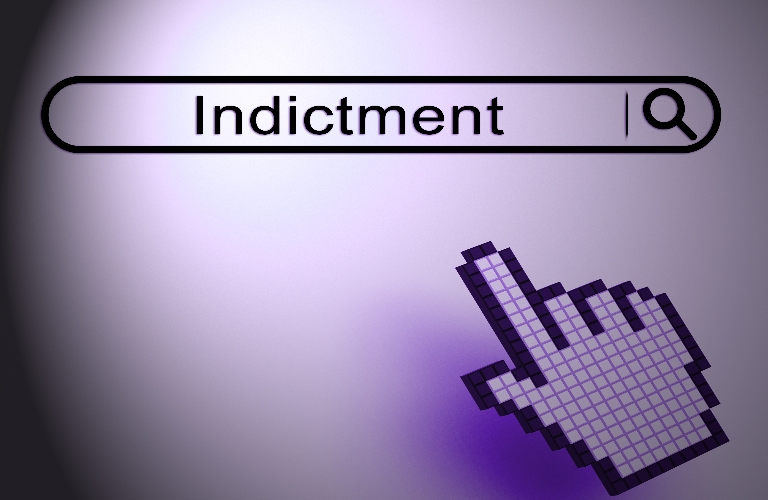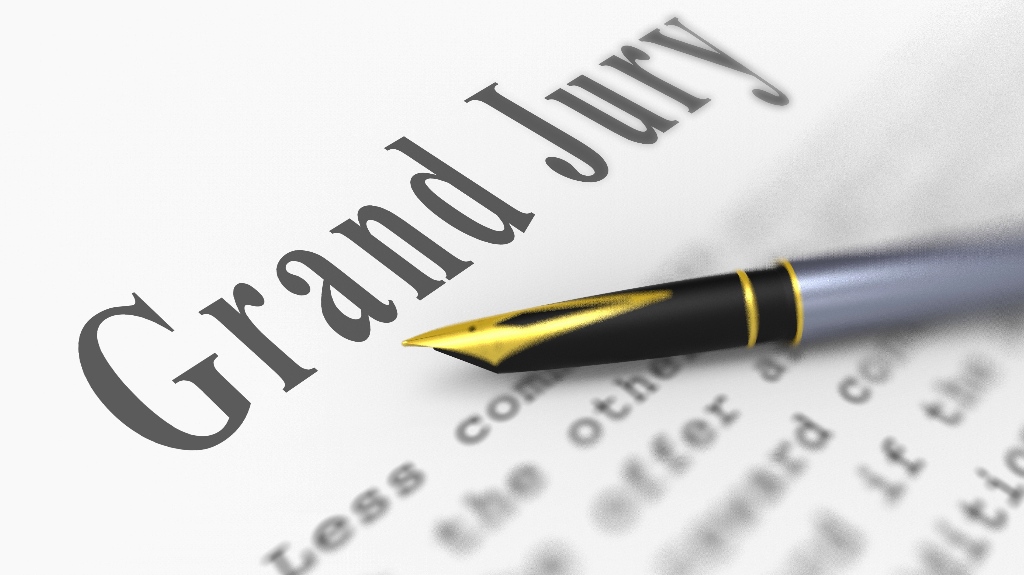When a federal grand jury hands down an indictment, it signals a major shift in a criminal case. It’s no longer just an investigation. It’s now an official accusation. For anyone named in the indictment, this moment sets a serious legal process in motion. But what exactly happens next? Let’s break it down.
Arrest or Voluntary Surrender
First, there’s usually an arrest or a voluntary surrender. Sometimes federal agents will arrest the person immediately. Other times, especially in less violent or white-collar cases, the defendant may be asked to turn themselves in. Either way, after being taken into custody, the person gets booked and fingerprinted. This is just the beginning.
Initial Appearance and Arraignment
Next comes the initial court appearance, often before a magistrate judge. This hearing isn’t a trial. Instead, the judge reads the charges, explains the rights of the accused, and decides whether the person can be released or must stay in custody until trial.
In some cases, there will be a separate hearing just to discuss bail or detention. Then, at arraignment, the defendant enters a plea—usually “not guilty”—and the court sets dates for upcoming proceedings.
Discovery and Evidence Sharing
Discovery follows arraignment. This is when both sides share evidence. Prosecutors hand over witness statements, documents, recordings, and any other evidence they plan to use at trial.
The defense digs into this evidence and can ask the court for extra materials if needed. This phase often includes filing pretrial motions to challenge evidence or even dismiss parts of the case.
Plea Negotiations
Most federal cases never reach trial because plea negotiations happen here. Prosecutors may offer a deal, lesser charges, or a recommended lighter sentence in exchange for a guilty plea. The defense has to weigh the risks carefully: accept a deal or roll the dice at trial.
Pretrial Hearings and Motions
If no deal is struck, expect pretrial hearings. These are important. The defense might ask the court to suppress evidence obtained improperly or to dismiss charges that lack legal merit. Sometimes, the government files a superseding indictment, adding new charges or defendants, which can change the whole game plan.
Trial Process
If the case goes to trial, federal court proceedings are considered a serious matter. They follow strict procedures: picking a jury, opening statements, witness testimony, cross-examinations, and closing arguments. The government must prove the charges beyond a reasonable doubt. After deliberation, the jury’s verdict determines what comes next.
Sentencing
A guilty verdict leads to sentencing. Federal judges follow the Federal Sentencing Guidelines, which recommend ranges based on the crime and other factors. However, judges have some discretion to increase or reduce sentences. Actions such as cooperating with authorities or showing remorse can help reduce the time served. Sentences might include prison, probation, fines, or restitution to victims.
Appeals and Post-Conviction Options

Even after sentencing, options remain. Defendants can file appeals if they believe mistakes were made during the trial or if constitutional rights were violated. Appeals are based on the trial record, not new evidence, and can be lengthy. Other post-conviction motions might also be available to challenge sentences or ask for new trials.
Life After the Case
Finally, it’s important to remember that a federal conviction carries lasting consequences beyond the courtroom. It can affect employment prospects, professional licenses, and civil rights. Knowing these impacts early helps with planning for life after the case.
Contact Our Legal Team Today
An indictment from a federal grand jury is just the start. It sets a complex legal process in motion. Each step—from arrest to appeals—requires skilled, knowledgeable defense.
At The Law Office of Aaron L. Wiley, PLLC, we know the stakes are high. We’re committed to guiding clients through every phase with experience and care. If you or a loved one is facing federal charges, reach out to our office. We can help you understand your options and fight for the best possible outcome.


